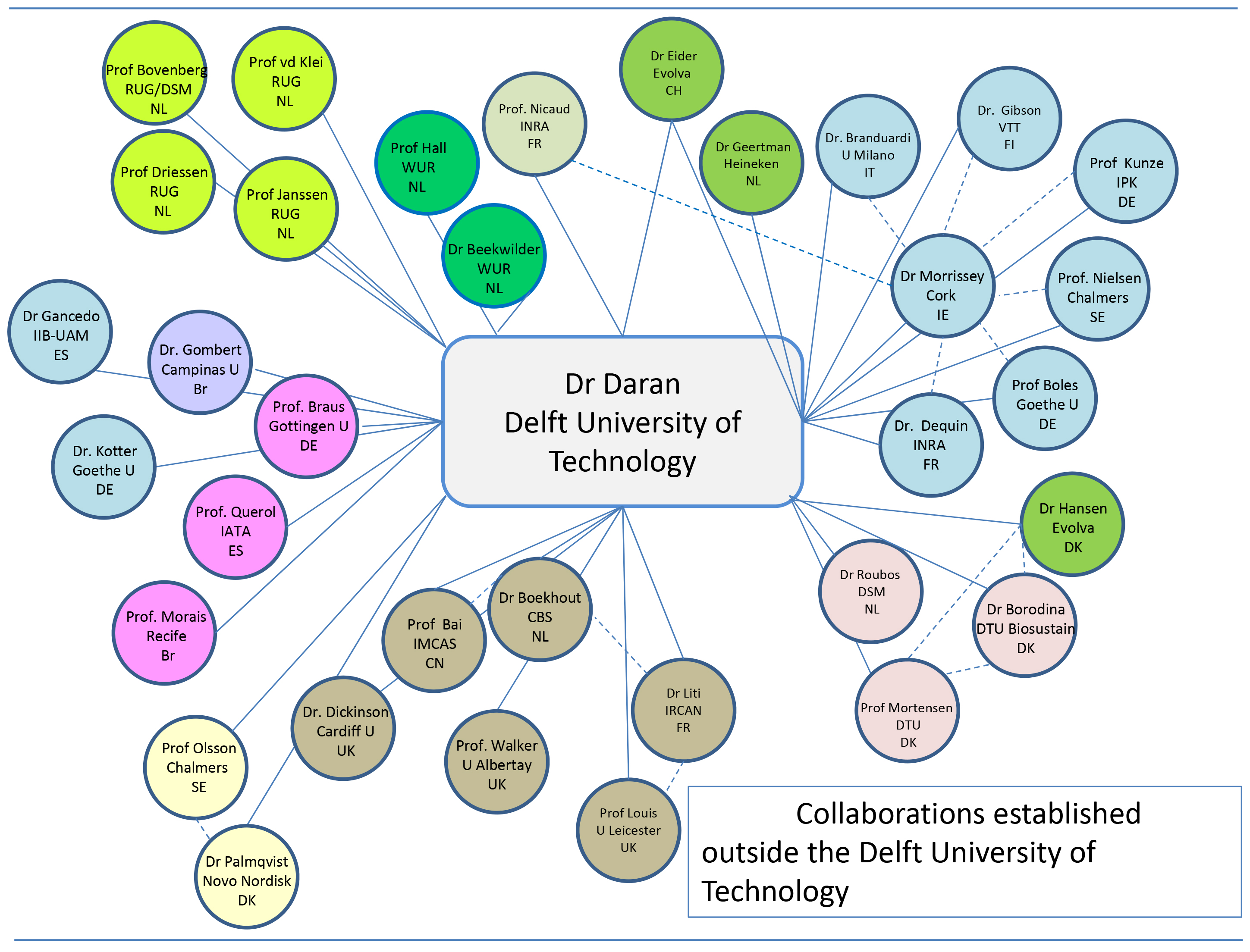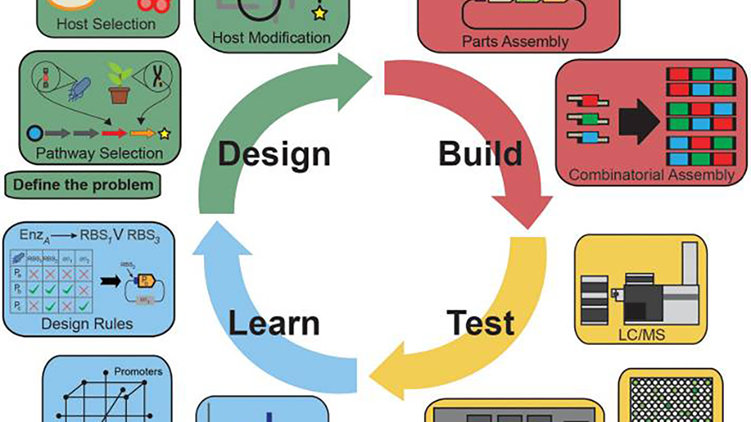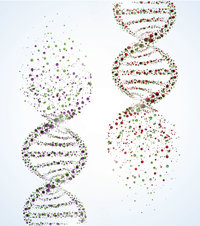Research
Our industrialized society is already facing an essential challenge consisting in replacing oil-based industries and derived products by sustainable alternatives. This poses new scientific challenges to industrial microbiology research. Microorganisms are indispensable for the large-scale production of fermented food products, chemicals and biofuels. The construction of efficient cell factories able to produce new molecules, to produce more efficiently and to use feedstocks requires to decipher complex genome of industrial strains and reprogram complicated metabolic and regulatory networks. The design of robust and versatile cell factories of the future involves a profound, fundamental understanding of the microbial native programs. In this context my research interest can be itemized as follow:
- Increase the molecular toolbox to genetically access micro-organisms.
- Building a molecular biology and genetic & genomics infrastructure.
- Implement CRISPR-cas9 in eukaryotic industrial organisms
- Design and engineer complex genetic network
- Improving microbial performance by applying metabolic engineering cycle principle
- Improving β-lactam and cephalosporin production in Penicillium chrysogenum
- Study flavour formation in Saccharomyces cerevisiae and Kluyveromyces lactis
- Production of added value plant derived secondary metabolites in S. cerevisiae
- Understand the link between the genome complexity and the industrial performance of lager brewing yeasts
- Deciphering genome complexity of S. pastorianus
- Phenotypic and genotypic variations of S. pastorianus population
- Improving industrial strain performances and industrial implementation
Our collaboration network is a key asset in our development. Within the University, we have developped a long-term strategic collaboration with the group of Prof. Reinders and the Delft Bioinformatics Lab (Dr. Abeel). Along the years we set-up a wide national and international network of collaborations with academia and industries




